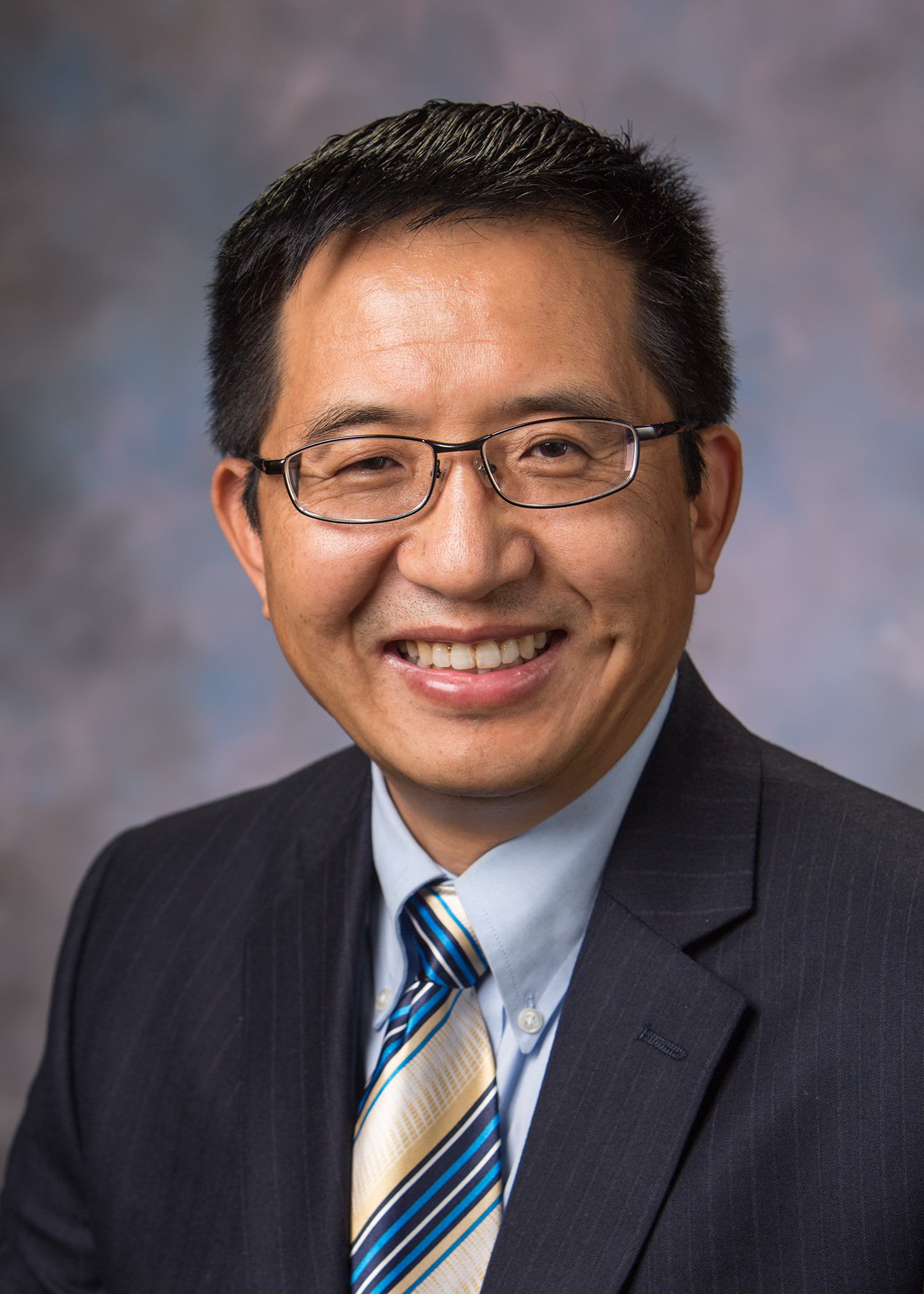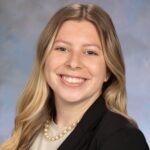Featured Researcher: Henry Xiang, MD, MPH, PhD, MBA
Featured Researcher: Henry Xiang, MD, MPH, PhD, MBA https://pediatricsnationwide.org/wp-content/themes/corpus/images/empty/thumbnail.jpg 150 150 Alaina Doklovic Alaina Doklovic https://pediatricsnationwide.org/wp-content/uploads/2023/11/100923RH0019-e1699635391623.jpg- June 24, 2024
- Alaina Doklovic
Dr. Henry Xiang is the founding Director of the Center for Pediatric Trauma Research of the Abigail Wexner Research Institute at Nationwide Children’s Hospital. He is also a tenured full professor at the Ohio State University College of Medicine. Dr. Xiang directs the Pilot Translational and Clinical Studies Program at the NIH-funded Ohio State University Center for Clinical and Translational Science. He has served in leadership positions of numerous national and global organizations in his field. He was elected the president of SAVIR in 2021 and continues to serve in important leadership roles.

Dr. Henry Xiang has published more than 265 scientific publications in peer-reviewed journals and has served on the editorial boards of several journals. He is a senior associate editor of the Journal of Medical Extended Reality and an editorial board member of Injury Prevention, Injury Epidemiology, Injury Medicine. Dr. Xiang’s expertise includes patient-centered outcomes and medical service research, clinical trial design, treatments/interventions, digital health, virtual reality, AI/machine learning, large data and medical records, innovative clinical study methods, and statistics.
Read on to learn more about Dr. Xiang’s work and research career.
What was your path to your current role?
I studied very hard in high school and had excellent school grades. I was the number one student in the county based on the Chinese national college entrance examination. My dream medical college was Tongji Medical University, ranked #3 or 4 in China back then and now. I had wanted to go into surgery, however, I was assigned to preventive medicine, and we unfortunately did not have any say nor any chance to switch during medial school training. However, I was lucky to receive outstanding training at that medical school and was admitted into the biostatistics master’s degree program after graduation from the medical school.
After graduation, I became a research associate at the Department of Health Statistics at the Tongji Medical University and worked there for three years. Then I came to the United States and received a PhD in epidemiology from Colorado State University.
I worked for three years at the Colorado State Health Department. In 2003, I applied and became an assistant professor at the Abigail Wexner Research Institute here at Nationwide Children’s Hospital. I was promoted to a full professor in 2013 and became the founding director of the Center for Pediatric Trauma Research in 2014. I applied and became the Director of Pilot Translational and Clinical Studies Program at The Ohio State University Center for Clinical and Translational Science in 2018.
How/why did you decide to pursue a career in your field?
I grew up in a small village in the mountain areas of the Three Gorges Region, Hubei, The People’s Republic of China. There were only two to three village doctors. They were highly respected in the village. I thus had a dream of becoming a surgeon in the future.
Why did you decide to pursue your work at Nationwide Children’s Hospital?
Nationwide Children’s Hospital has transformed itself from a regional and national hospital to a world-leading premier pediatric medical center. This is the major reason I decided to stay here and spend 20 years working at Nationwide Children’s.
What attracted me to Nationwide Children’s back then in 2003 was the dynamic intellectual environment and the opportunity to collaborate with outstanding physicians and nurses.
How does your research serve your patients and communities?
I have made paradigm shifts several times in my research focus areas during my career from schistosomiasis, occupational injuries, injuries among individuals with disabilities to the current focus on translational and clinical studies.
Fun Facts About Dr. Xiang
What’s your favorite word and why?
Integrity. We must live a life with integrity and dignity. Leaders must lead with integrity.
What would be your dream job if you didn’t work in research?
Writing.
What’s your favorite food?
My mom’s Chinese-style steamed meat.
Favorite band/music?
Bob Dylan. His writing is amazing – beyond what words can describe.
Favorite way to relax?
Going to the gym to exercise.
Favorite thing you’ve bought this year?
I don’t have one yet for this year, but my favorite 2023 purchase was Bob Dylan All the Songs: The Story Behind Every Track Expanded.
My current research has three parallel research lines: 1) innovative digital health technologies (virtual reality) to help patients manage their acute pain and anxiety during medical treatment; 2) digital health innovation to support adolescents and youth and help them manage their long-term chronic pain; 3) innovative and advanced patient-centered outcome evaluation statistical methodologies such as evaluation of acute medical treatment effects of pediatric traumatic brain injuries.
Thus, our research findings not only serve our patients and their families directly but also advance science in the translational and clinical studies.
What is your favorite part of your role?
There are endless opportunities for the scientists at Nationwide Children’s Hospital to be creative, innovative, and forward-thinking in the pursuit of scientific discovery.
What’s next? What do you hope to accomplish in your research and professional development going forward?
My personal career goal is to lead an outstanding team here at Nationwide Children’s and to make our hospital the world leader in virtual reality pain alleviation therapeutics research as well as in innovative patient-centered outcome research statistical methodologies.
About the author
Alaina Doklovic is a Marketing Specialist for Research Communications at Nationwide Children’s Hospital. She received her BS in medical anthropology and English from The Ohio State University. Her passions for science and health, combined with her desire to help others, motivated her to pursue a career in which she could actively help improve patient outcomes and scientific research through writing.
- Alaina Doklovichttps://pediatricsnationwide.org/author/alaina-doklovic/
- Alaina Doklovichttps://pediatricsnationwide.org/author/alaina-doklovic/January 22, 2024
- Alaina Doklovichttps://pediatricsnationwide.org/author/alaina-doklovic/
- Alaina Doklovichttps://pediatricsnationwide.org/author/alaina-doklovic/February 19, 2024
- Posted In:
- Featured Researchers








